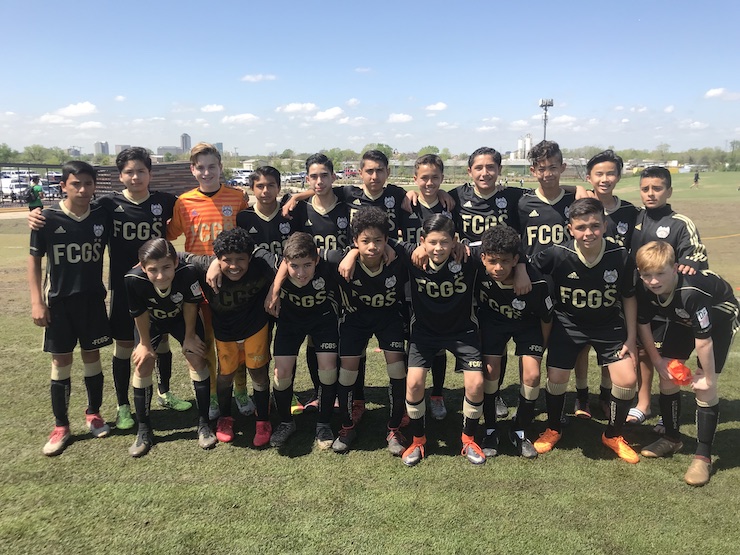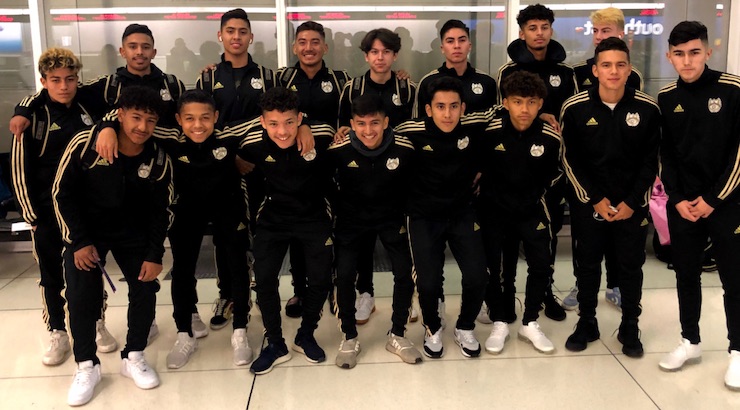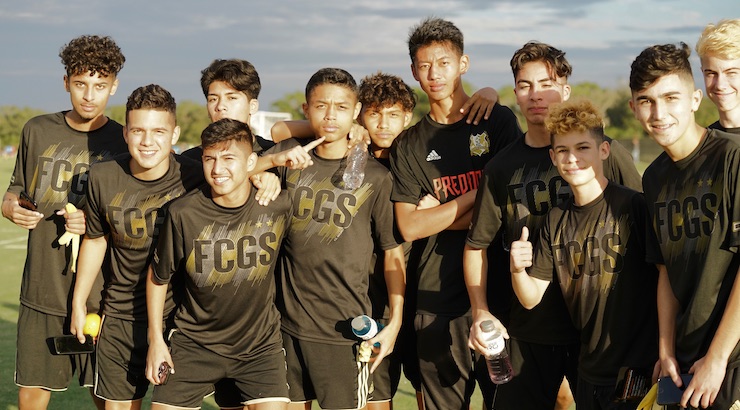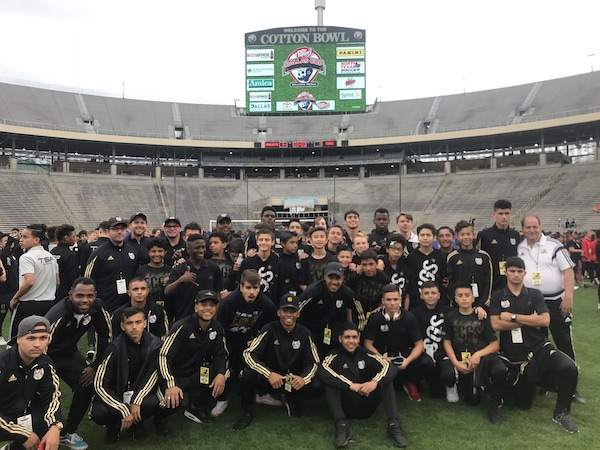FC Golden State’s Jimmy Nordberg on the Challenges of Running a Top DA Surrounded by MLS DAs
Youth Soccer News: FC Golden State (FCGS) is a premier youth soccer club with an outstanding reputation for player development. One of the very few youth soccer clubs which fully funds its U.S. Soccer Development Academy (DA), Golden State has a history of attracting top talent and is nationally recognized for their player development.
READ: GOLDEN STATE AND SOCAL BLUES JOIN TOGETHERand TO MAKE THE YOUTH SOCCER CLUBS BETTER – FCGS AND BLUES NEW PARTNERSHIP
SoccerToday interview with FC Golden State’s Academy Director Jimmy Nordberg on the challenges in elite youth soccer today.
Diane Scavuzzo: As FC Golden State’s Development Academy Director, what do you see as the biggest challenge of running a Boys’ DA today in Southern California? Or anywhere in America?
Jimmy Nordberg: I think it’s the battle between the MLS and the youth soccer clubs if I’m being honest.
Everybody’s fighting to keep their own players, the funding, and the competitive edge; instead of working as one.
I think we’ve come to know who we are as a club, and if we don’t have the infrastructure and the facilities to help develop players to the level that they need — it’s time for them to move on.

Several Golden State players who have successfully transitioned to the MLS. We are proud of our players who have gone on such as Diego Lopez and Kajana Banks with Atlanta United and Harold Hansen with Portland Timbers.
But there are several players at MLS Academies who are not on track to become professionals or whose development needs might be better served with more playing time at a top non-MLS DA.
The MLS Academy Directors have to be able to say, “We don’t need to keep so many players.”
Why are some MLS Academy rosters so big? It would be great if the MLS DA Directors would say, “Some of these players need to develop in the club DA which can take care of them.”
It would be great if we can work together as partners instead of fighting — it would make everything better for these players.
Once the relationship between the DAs becomes better, it immediately becomes better for the game.

Diane Scavuzzo: Do you believe that a club DA should be willing to pass a player up to MLS DA if the opportunity arises?
Jimmy Nordberg: Yes, but I believe there should be conversations between the MLS club and the youth soccer clubs — and, that club DAs, like us, should be saying, “Yes, you need to take this player.”
But too many times those conversations never happen and the MLS club just comes and takes the player, which isn’t the right way to do it. Sometimes the MLS club just recruits the best players — without any notice or conversation. In reality, those conversations are important and vital to our markets.
We should be helping LA Galaxy and LAFC find future professional players.
Diane Scavuzzo: What are your thoughts on the MLS teams leaving the U.S. Soccer Development Academy and doing their own tier?
Jimmy Nordberg: I think it’s going to happen, and it will be great because now the MLS DAs will be forced to have a relationship with us — otherwise they will never be able to see our players.

Diane Scavuzzo: So having the MLS teams compete against each other and not play in the DA will actually limit their ability to scout your players?
Jimmy Nordberg: Exactly … and it gives our DA, which is a fully funded DA, the chance to win a championship. It is very difficult to win a DA championship competing against the MLS clubs because they have players who are training with their USL teams and sometimes even their first teams. So, if they leave the, we can we compete and potentially win.
Other people may look at it differently, but I think it is a good step which will help force the MLS DAs to form relationships with the local club DAs.
But, creating their own gaming circuit is going to be difficult on the MLS DAs because of the finances. Their travel costs will be increased significantly.
Diane Scavuzzo: And, it’ll take away their regular shopping opportunities — every time an MLS DA plays against a club DA, they have the ability to scout their best players.
Jimmy Nordberg: Yes, now they will have to hire a scouting department and the MLS clubs will have to form good relationships with the local market.

Diane Scavuzzo: What do you recommend?
Jimmy Nordberg: I would like to see the MLS DAs invite our coaching staff in to see the first team train and invite us to their offices to talk about curriculums and how they want to develop players, and how we can implement that into our system to create players for their first team.
We want to work with the MLS DAs and could be great allies.
I want them to see our talented players and say, ”Hey, little Johnny’s been great. We’ve had our eye on him, we’re thinking about bringing him in. Let’s take him to GA Cup and see how he does.” And then we’ll say, “Great! No problem. Little Johnny, he’s ready to go. You can have him.”
But it is important for everyone to agree that it’s crazy for most young kids to drive an hour and a half to practice in traffic.
Diane Scavuzzo: Unless a player’s going to get a lot of playing time or is really designated as a potential pro, do you think it’s worth it for them to go to an MLS club?
Jimmy Nordberg: I don’t. I think it depends on where the player’s at. We’ve had a good ratio of players going onto high-level colleges, such as Duke, Stanford, Cal, and UCLA among others.
At the MLS clubs, their goal is not to produce student-athletes. Their goal is produce MLS players.
I think we can all agree that most talented players are better off going to college and getting a good education while they play soccer. We want what is best for the player, each and every player.





